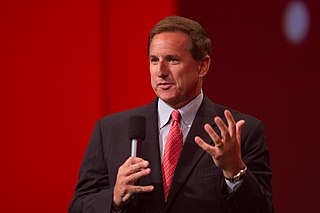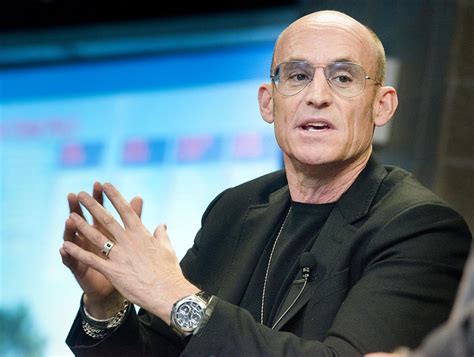A Quote by Stephen Manes
Like IBM, the company [Microsoft] seems to have been spooked by the federal antitrust action against it and became increasingly sclerotic and less inventive.
Related Quotes
I have my own theory about why decline happens at companies like IBM or Microsoft. The company does a great job, innovates and becomes a monopoly or close to it in some field, and then the quality of the product becomes less important. The company starts valuing the great salesmen, because they’re the ones who can move the needle on revenues, not the product engineers and designers. So the salespeople end up running the company.
The Second Amendment, like the rest of the Bill of Rights, was meant to inhibit only the federal government, not the states. The framers, as The Federalist Papers attest (see No. 28), saw the state militias as forces that might be summoned into action against the federal government itself, if it became tyrannical.
There's always been a belief that Microsoft would respond punitively if you did something they didn't like. You were afraid of Microsoft's reaction, .. That belief has been pretty much destroyed. Vendors, clients and customers feel pretty much free do whatever they have to do in their Microsoft relationship.


































